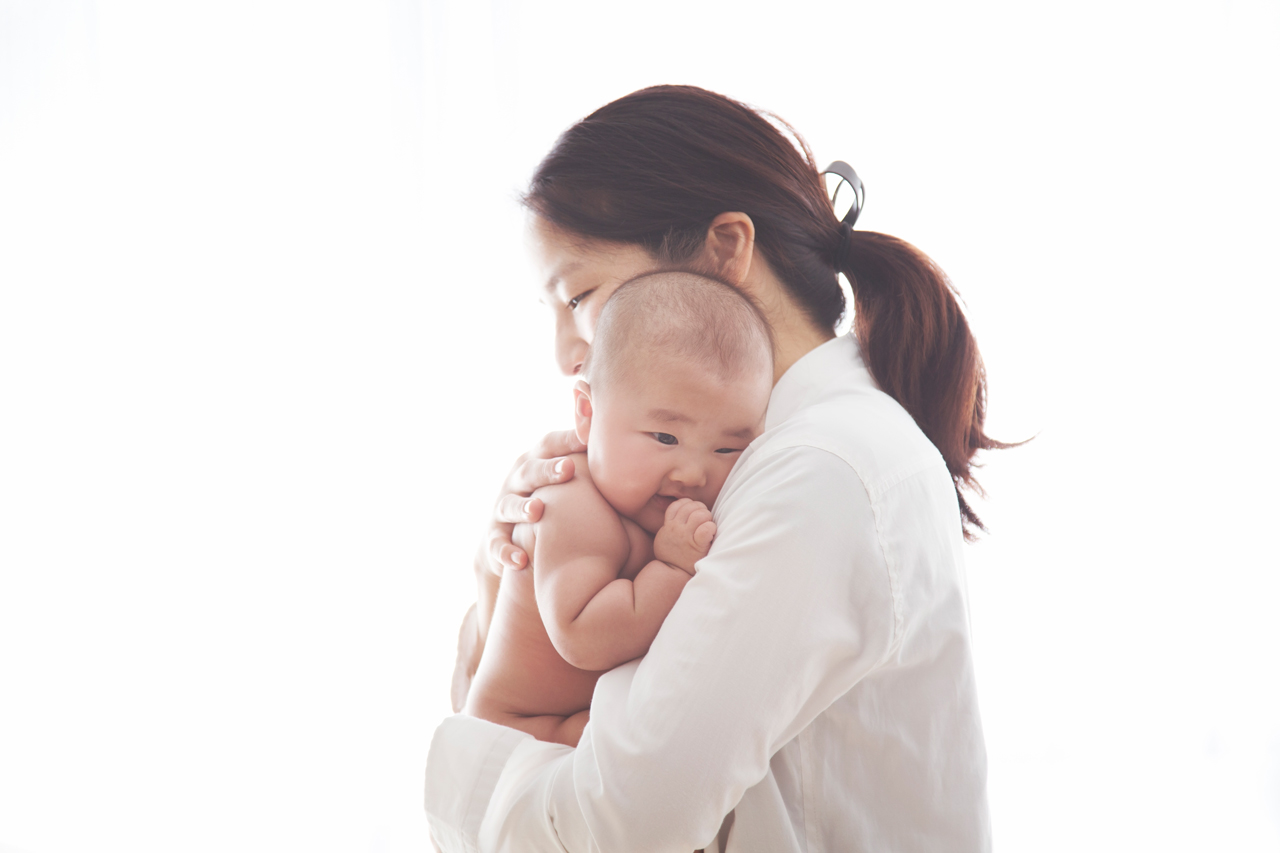
Popular Locations
- Yale New Haven Children's Hospital
- Yale New Haven Hospital - York Street Campus
- Yale New Haven Hospital - Saint Raphael Campus

Published April 22, 2022

Postpartum depression affects one in seven women and one in 10 men, though many patients may struggle to recognize the signs. A stigma surrounding depression and anxiety may hold some new parents back from seeking help.
“I’ve had a lot of moms say to me, ‘I don’t know anyone who’s experienced what I’m experiencing.’ But it might just be because they’re not talking about it,” said Maria Raffia, licensed clinical social worker with Yale New Haven Hospital’s Maternal Wellness Program.

Raffia and Erika Cuffy, another licensed clinical social worker with the program, offer treatments for parents struggling with postpartum depression, which can start at conception and last up to one year after delivery.
Common symptoms associated with postpartum depression can include:
Patients with a history of depression prior to pregnancy may be at a higher risk of postpartum depression. It can also manifest in patients who have a history of losses, infertility, or previous trauma. However, patients with no prior history of depression can experience this.
“It can happen to anybody regardless of race, culture, socioeconomic status, age, it really doesn’t discriminate,” Cuffy said.
Many parents may be familiar with the “baby blues,” when one feels teary and emotional after birth. That is also incredibly common but is not considered to be depression.
If symptoms persist longer than two weeks, that could be a sign of postpartum depression and patients should seek help. Anyone experiencing signs of depression during pregnancy should tell their obstetrician.
If untreated, postpartum depression can worsen over time, sometimes lasting for years. Common treatments can include cognitive behavioral therapy, interpersonal therapy, couples therapy, medication and working with support groups. Practicing yoga, self-care and mindfulness are also helpful tools. That’s an important lesson for all new parents who are struggling to balance their own needs with those of a newborn.
Just like with any other mental health condition, the length of treatment and course of action will depend on each patient’s individual needs. The first step for everyone is to understand that if they’re not feeling like themselves, it’s OK to get help.
Learn more about the Yale New Haven Hospital Maternal Wellness Program.